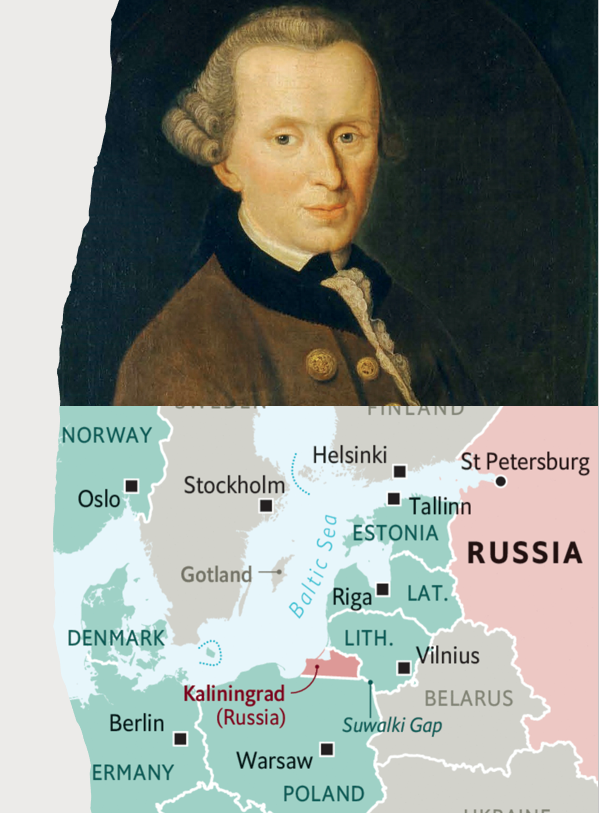Immanuel Kant nổi tiếng hơn với vai trò là một triết gia người Đức (theo nguyên quán có thể coi là người Nga, bởi Konigsberg nơi ông sống bị sáp nhập vào Liên Xô, đổi tên thành Kaliningrad, và bây giờ thuộc Nga). Tuy thế, triết học chính trị của Kant cũng có ảnh hưởng … Continue reading Hòa bình vĩnh cửu
Category: Philosophy
The oxen and communism
Progress has always been an exciting topic for human being. As a curious creature, we tend to see things in a line: both backward and forward. Throwing a ball into the room, the dogs will run after it while a man will look for where it is from and heading to. For kids, the curiosity … Continue reading The oxen and communism
Leadership in Asia: The Saints are marching out
Asian society will be better off without idolizing their leaders These are sad days in Vietnam, when millions are mourning for their national hero Vo Nguyen Giap, the mastermind behind Vietnam’s historic victories against colonial France and the United States, who passed away on October 4. The “Red Napoleon,” as his enemies call him, was … Continue reading Leadership in Asia: The Saints are marching out
Marx and his legacy (part 3): The myth of Marxist strong states
Marxism should not be an excuse for authoritarian states The rise and fall of Soviet bloc in 20th century, and the emerging authoritarian one-party rules in some Asian countries in early 21st century are usually linked to Marxist idea of “the dictatorship of proletariat.” As China claims to follow Marxism and Maoist thoughts, Vietnam claims … Continue reading Marx and his legacy (part 3): The myth of Marxist strong states
Marx and his legacy (part 2): the Proletarian Question
“The worldview of the Party imposed itself most successfully on people incapable of understanding it.” (George Orwell, 1984). Who moves the history forward? Marx’s historical materialism has so far argued well how inevitable a flawed system should be replaced by a more progressive one. Just as feudalism gave way for capitalism, capitalism will in the … Continue reading Marx and his legacy (part 2): the Proletarian Question




